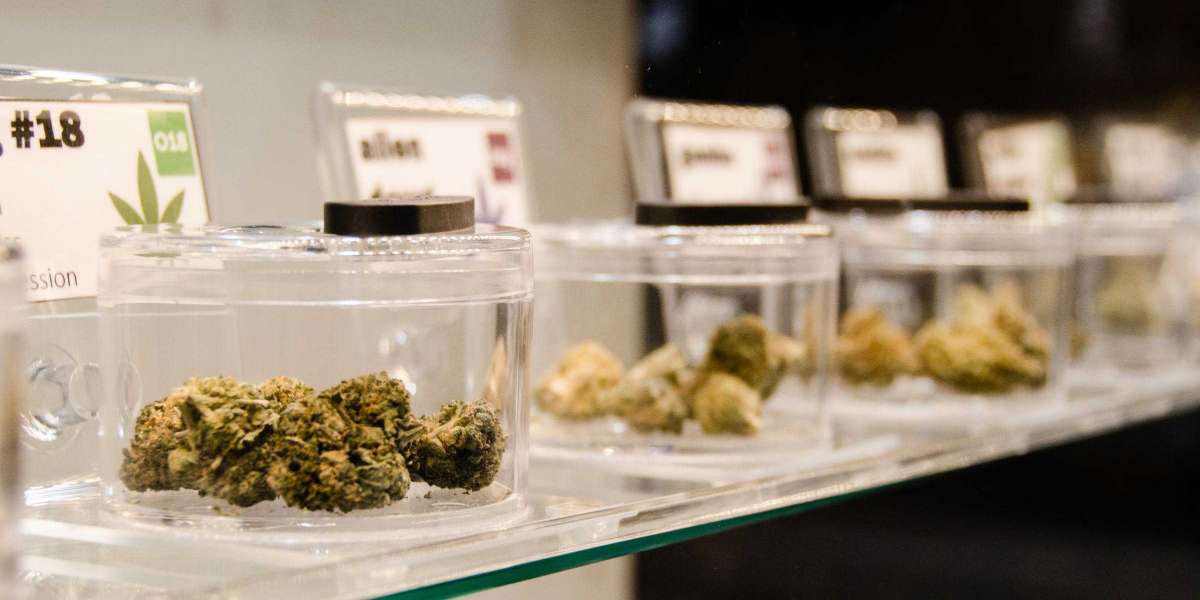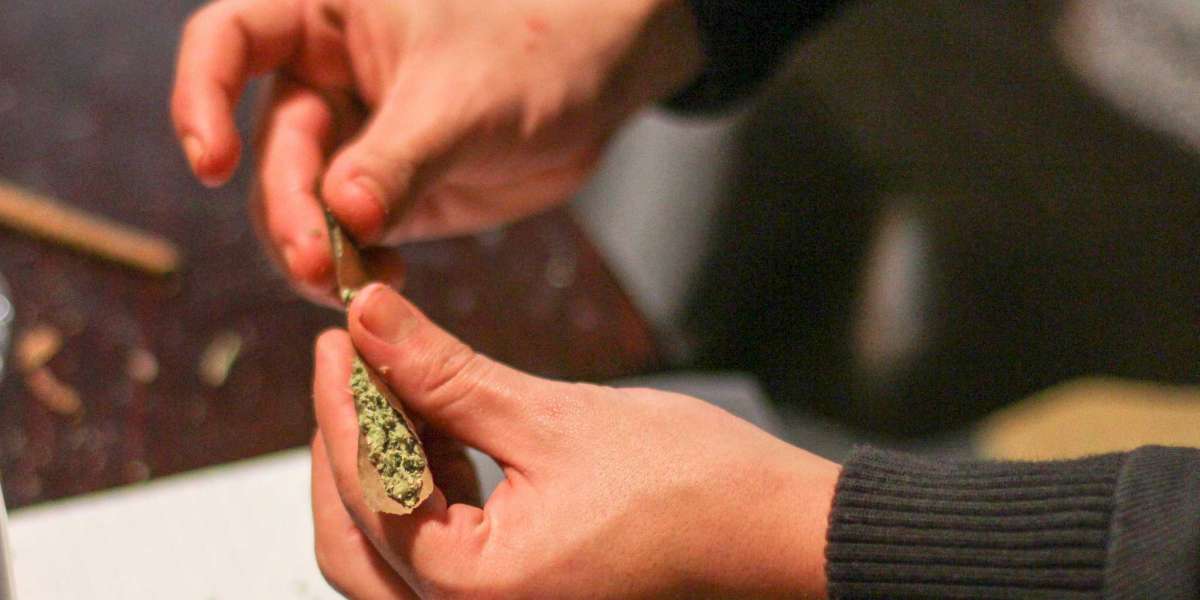Burlington is set to vote on whether to permit the sale of recreational marijuana in the city, after the City Council approved a ballot question on the issue on Tuesday.
The measure will appear on the March ballot, barring a mayoral veto. A “yes” vote would permit marijuana retailers to operate in Burlington beginning in October 2022 — a provision that a coalition of racial justice advocates and small growers fought to include, as it would prevent medical dispensaries from entering the retail marketplace early.
The City Council approved the measure unanimously, with Chip Mason, D-Ward 5, recusing. At a Jan. 5 council meeting, Mason attributed his recusal from discussion of cannabis policy to a “professional conflict of interest,” though he did not elaborate.
Councilors also held public hearings on several proposed charter changes Tuesday, including just cause evictions and ranked-choice voting. Councilors had planned to deliberate on a ballot question on raising the Burlington police force head count, brought by Councilor Ali Dieng, I-Ward 7, but the item was pushed back until next week’s meeting.
Mayor Miro Weinberger had released a strongly worded statement on the head count resolution before the meeting Tuesday, claiming the city was experiencing a “public safety crisis,” and criticizing Dieng for leaving the issue to the March vote. The council, he said, “should not need a vote of the public” to raise the cap on police staffing.
The local measure on cannabis arrives after the Vermont Legislature legalized the sale of recreational marijuana statewide in October. Because of an “opt-in” provision in the state’s legislation, towns must also vote on the issue before offering their own, local licenses to businesses. The state will begin issuing licenses in 2022.
That legislation, S.54, drew ire from many, including the Vermont Racial Justice Alliance, for excluding several equity provisions for the new marijuana marketplace — for instance, allowing already-established medical dispensaries early access to the retail market.
Organizers had demanded particular attention to racial equity in the legislation to help atone for the decades of harm that the criminalization of marijuana has wrought on Black and other communities of color. Some suggested the legislation should be accompanied by a commitment to reparations.
In drafting Burlington’s ballot measure, councilors said they attempted to address these issues locally.
“Now that there’s a marketplace, we need to do everything we can to make sure that the folks that are getting those profits are the same ones that have been harmed thus far,” said Councilor Jack Hanson, P-East District, who sponsored the resolution.
The choice to set the start date as October 2022, for instance, was an effort to help level the playing field: Already-established medical marijuana dispensaries, according to the state’s current plan, can obtain a license for recreational sales months earlier, in April 2022.
If voters approve the ballot question, it will remove that head start for dispensaries, allowing them to enter the market at the same time as other businesses.
The ballot question resolution also stipulates that tax revenue from cannabis sales be directed, when possible, to resources for communities of color, and that the city create a local cannabis control board, which will consider issues of racial equity.
Still, it’s not all that advocates asked for. A coalition of organizations, including the Vermont Racial Justice Alliance and the Vermont Growers Association, had fought for the start date for dispensaries to be pushed back to 2024 — to account, they said, for the time it takes new businesses to get on their feet.
“We’ll take anything,” Geoffrey Pizzutillo, executive director of Vermont Growers Association, told VTDigger later. But, he said, “even 36 months was considered a small window in our minds.”
Pizzutillo said he expects smaller cannabis operations, like the ones that the Vermont Growers Association represents, will likely remain at a disadvantage as larger medical dispensaries swiftly open retail arms. This could hamper efforts to support businesses owned by people of color in the industry, he said.
Defenders of the early start for dispensaries say it could bring in tax revenue to support racial justice efforts more quickly. City Councilor Joan Shannon, D-South District, who ultimately voted for the ballot question, raised that point on Tuesday, and noted that dispensaries could easily move across city lines and evade Burlington’s policy.
Mark Hughes, a racial justice advocate and the executive director of Justice For All, dismissed this argument at a Jan. 11 meeting. “Basically what you’re saying is, we’re going to get a head start so we can help you. But you’re already in the market and you’re already doing well,” he said.
The City Council also signed off Tuesday on the Burlington International Airport’s plans to expand its terminal building, using $16 million in grant funding from the Federal Aviation Administration.
Source: https://vtdigger.org/2021/01/20/burlington-city-council-sends-retail-marijuana-to-the-ballot/



